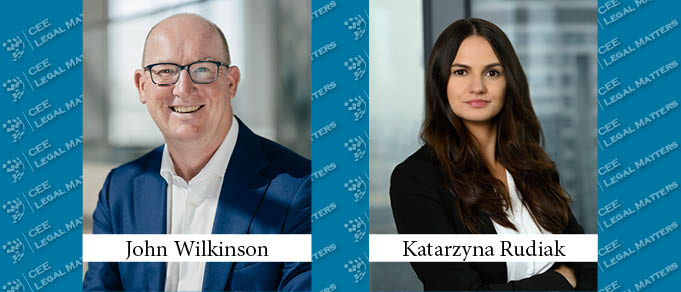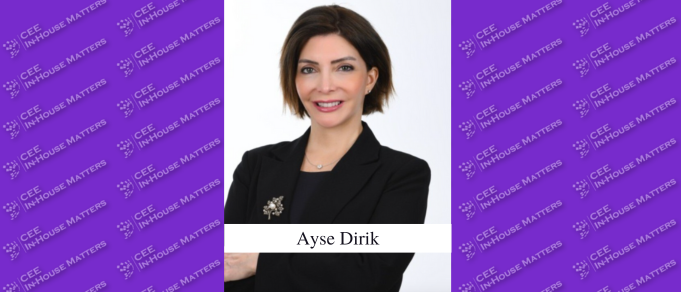Diligent planning and proper execution of an acquisition is a significant step leading to a successful completion of an M&A transaction. This is especially true when an acquisition takes place in uncertain economic times. The current dynamic situation in Poland, including rising inflation and spiraling interest rates largely driven by post-pandemic demand and the war in Ukraine, means that investors need to react quickly, yet very carefully when structuring a deal.
We observe these new challenges have a significant impact on current transactions in the Polish market. Transaction timelines are tightening, with pressure on early risk identification and rushed negotiations of the purchase price. Due to the decreased availability of financing in Poland, business valuations may go down. In practice, it means that certain transaction completions will be jeopardized, and those that do close may end up in a dispute. Although challenging economic factors may seem hard to manage, certain protective measures can be sought by investors which will require careful consideration and attention to detail to minimize the risk of post-M&A disputes. Here are some examples.
Avoidance of Complex Purchase Price Structures. Uncertain times trigger a tendency to incorporate sophisticated pricing mechanisms. In theory, these are supposed to protect transacting parties from changing circumstances. Yet, complex price constructs that contain, for example, loosely defined contingent payments or complex formulae for adjustments to the price components are a recipe for post-M&A disagreements. Whilst deferred payment mechanisms, such as earn-outs, lure parties with their flexibility to adjust prices based on changing circumstances, they remain difficult to draft in the SPA and accurately reflect the intent of the parties. How would one interpret normalization, exceptional, or one-off items? How should consistency be applied in the approach to judgmental areas? How should new cost allocations that were not considered in the past be treated? The earn-out mechanism should be free from ambiguous definitions and methodology towards its calculation to minimize the risk of different interpretations between the parties.
Careful Negotiation of Accounting Policies with Greater Efforts over Smaller Details. The accounting standards and policies applied in the SPA can be the key trigger for the calculation of certain purchase price components. Whilst GAAP, which in many cases provides only broad guidance, is often selected by default, in our opinion, more emphasis should instead be placed on specific accounting policies to ensure the calculation of purchase price reflects both key risks and the commercial intention of the parties. Avoidance of vague and generic language with extra focus on drafting the policies that drive the calculation of the areas of management judgment specific to the business being acquired will help reduce the likelihood of a disagreement following completion. An example computation for all post-closing mechanisms should also be considered for the avoidance of any doubt.
Enhanced ABAC Due Diligence and Focus on Additional Warranties. The vision of the current and upcoming economic headwinds, and the additional regulatory focus on the hot topics of sanctions and ESG, should increase the pressure on buyers in particular to protect their interests through enhanced due diligence (DD) and, potentially, additional warranties over key risk areas. Even more than before, buyers should focus on developing a deeper understanding of the integrity of the Polish targets and a risk assessment of their supply chain. This enhanced diligence should target issues that could jeopardize new business owners’ reputations, limit their trade through unexpected supply chain disruptions or pose additional financial exposure. Although warranties should not be used as a substitute for a carefully planned DD, investors may seek additional warranty protection directed at the breach of sanctions-related trading, the conduct of business, and the reliability of financial information.
Material Adverse Change Clause. Material Adverse Change (MAC) clauses are typically used by the buyers to address the risk of the unpredictability of the transaction if certain sudden adverse events occur. It is not surprising then that MAC clauses are commonly used during uncertain times.
However, to avoid any potential disputes, such clauses, including the catalog of exact circumstances that trigger a MAC, need to be very well defined to be able to determine whether MAC has indeed occurred. This is especially important if the buyer wishes to include specific events that are considered out of the seller’s control.
Current market conditions should trigger additional investment in time and greater effort spent on pre-close SPA considerations to help avoid costly and time-consuming post-close disputes. Hence, buyers and their advisors should be focusing on smart and careful approaches to M&A transactions to achieve maximum clarity in uncertain times.
By John Wilkinson, Partner/CEE Dispute Advisory Leader, and Katarzyna Rudiak, Senior Manager, EY
This Article was originally published in Issue 9.8 of the CEE Legal Matters Magazine. If you would like to receive a hard copy of the magazine, you can subscribe here.

















